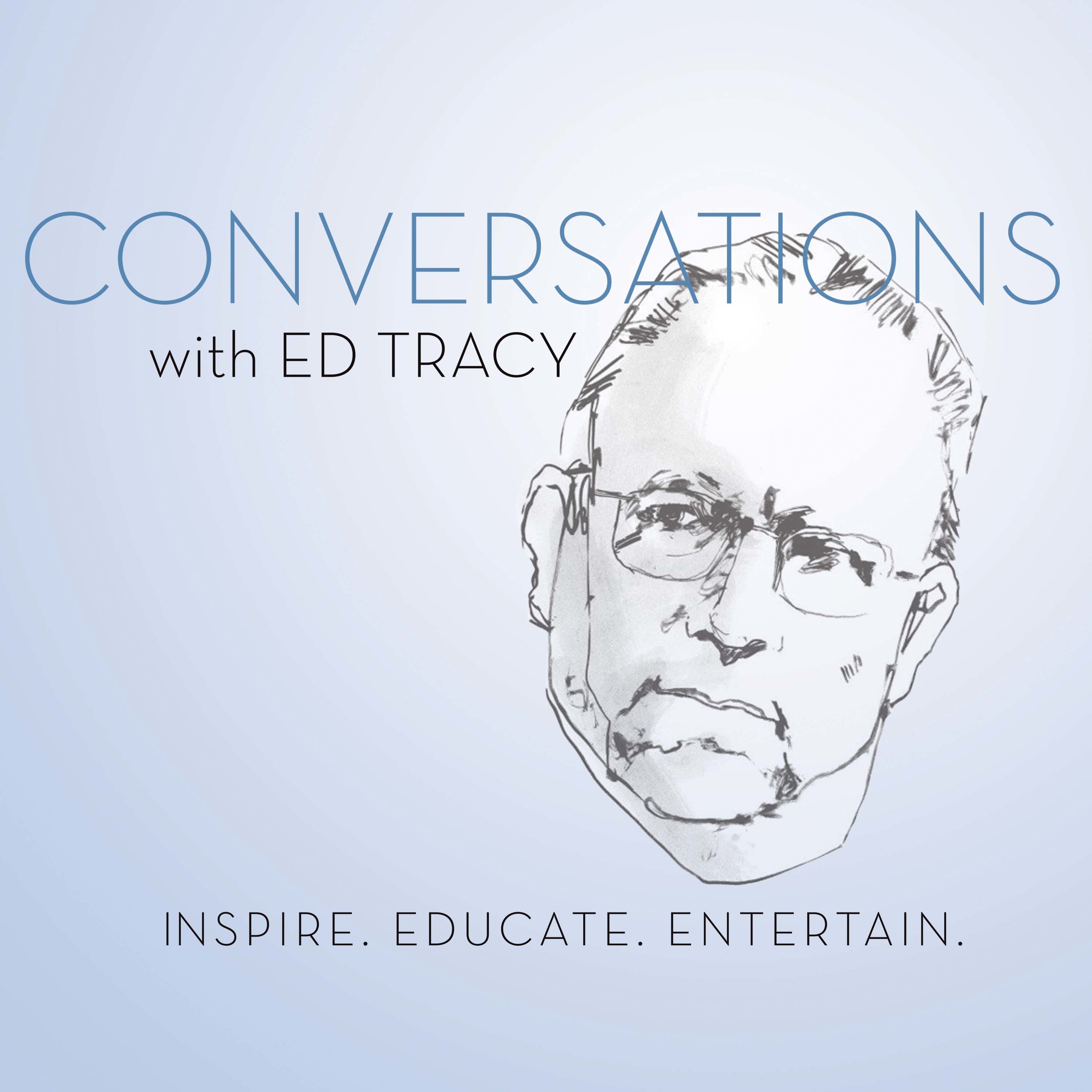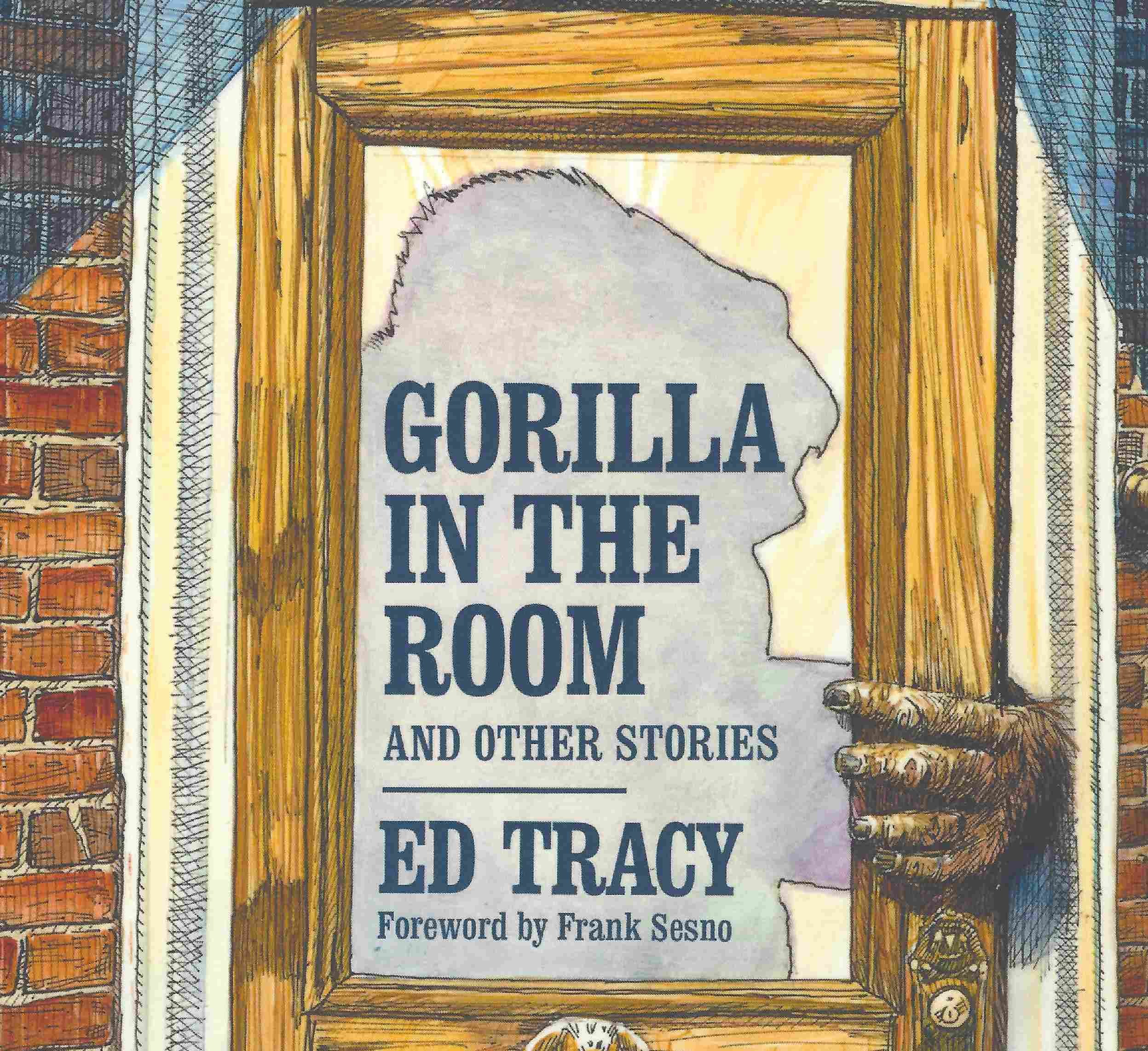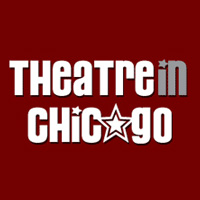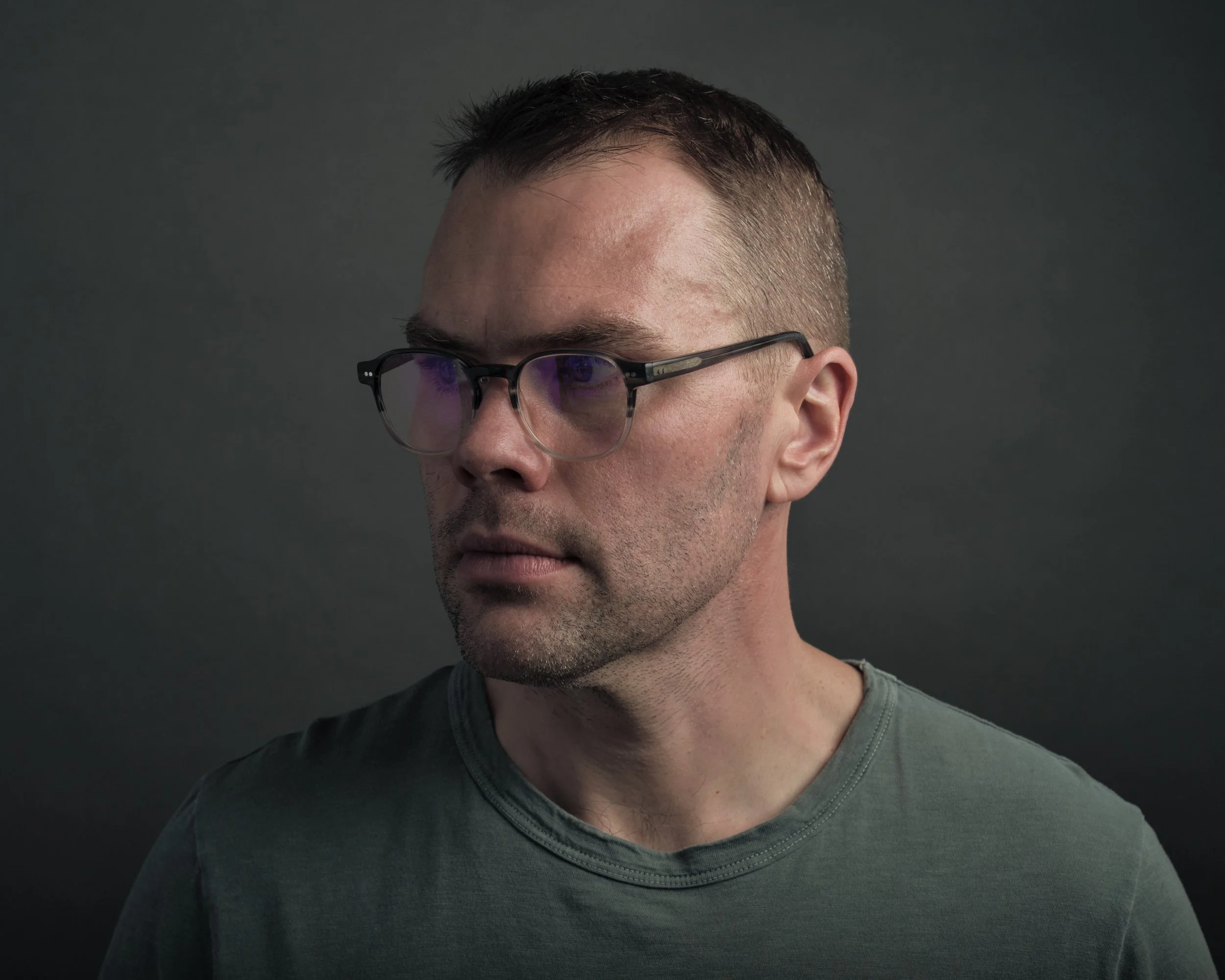PicksInSix Q & A: Samuel D. Hunter "Lewiston/Clarkston"
Samuel D. Hunter
LEWISTON | CLARKSTON
PicksInSix® Q & A | Ed Tracy
There is an unseen, but ever-present, character’s voice that welcomes you into the first half of Samuel D. Hunter’s “Lewiston / Clarkston,” two interrelated one-act plays performed consecutively—with a dinner break at the Mason Jar Café at intermission—now being staged in an immersive, Midwest premiere at the GhostLight Theatre running through July 24 in Benton Harbor. That narrative sets the tone of exploration and discovery in director Spencer Ryan Diedrick’s production even as it poses questions about family legacy, our dreams and, ultimately, the search for real meaning in our lives.
It is that spirit of discovery that drives Marnie (Aiden Ankli)—one of the central characters in “Lewiston” who are direct relatives to explorer Meriweather Lewis—to return to the roadside home/fireworks stand of her grandmother Alice (Carol Sizer) to stake a claim for what remains of the family property. The fractured relationship between generations, often punctuated on both sides by Alice’s companion Connor (John Taylor), is crafted expertly by Hunter’s quiet, yet forceful storytelling.
In “Clarkston,” the developing relationship of two employees plays out in and around a COSTCO warehouse across the river. Jake (Christian Roose), a middle-class, educated new hire and distant relative of William Clark is suffering from a terminal disease. His workmate Chris (Lucas Seven) aspires to be a writer, but is trapped in Clarkston, unable to resolve conflicts with his mother Trish (Beth Ward) or come to terms with his own. As both yearn for discovery and fulfillment, the common ground established allows for a deeper understanding of their individual challenges and the debilitating impact of Huntington’s disease.
The GhostLight production begins with “Lewiston” staged outside in the courtyard performance space. At the intermission, patrons take the short walk along the Lewis and Cark Trail for a specially-priced dinner at The Mason Jar Café, one of the Benton Harbor Arts District’s most popular locations. Following dinner, “Clarkston” is staged in GhostLight’s black box theatre.
Samuel Hunter is a prolific playwright whose work includes the 2011 Obie Award-winning “A Bright New Boise,” the 2013 Drama Desk and Lucille Lortel Awards for “The Whale,” and is a recipient of the prestigious 2014 MacArthur Fellowship.
In a recent email exchange, Hunter provided insight into the development of “Lewiston / Clarkston” and how the two pieces, written in 2015 and 2016 respectively, and performed first consecutively in 2019, share common values and themes.
Ed Tracy: Taken individually, “Lewiston” and “Clarkston,” each tell unique but interrelated stories that share vivid touchpoints of the human experience, our relationship to those around us and the understanding and impact of family history on our lives.
Can you talk about how the original concept coalesced around these two towns, their historical lineage, and how important the communal aspect of the dinner break is to the audiences understanding of the theatrical experience?
Samuel Hunter: “The genesis for the play actually came from my husband. I’ve written a few plays now that are simply named after the town in which they are set, and one day when we were driving around the Lewis-Clark Valley, my husband joked that I should write a play called “Lewiston” and a play called “Clarkston.” He meant it as a joke, but I immediately thought it was an incredible idea. The idea of writing about these two towns, this complicated legacy—it all felt really rich. Initially I had conceived the plays as two different stories about the same characters, but as I kept working on it, I realized it was more interesting to me to write two discrete stories that didn’t rely on one another in any way other than theme and metaphor. The idea for the dinner came from the production’s original director, Davis McCallum. He was interested in heightening the communal sense of the plays. I was concerned at first, wondering if we could sustain such a long evening, but Davis’ instincts proved to be right on.
ET: On many levels, the adventurous American spirit embodied by your characters who are facing a new reality must also come to terms with the hopelessness of their own existence and the fulfillment of their dreams and expectations. In “Lewiston,” commercial development runs headlong into the importance of family legacy; in the stark and emotion drama that unfolds in “Clarkston,” that same explorer ethic is wrapped in the challenge of dealing with a diagnosis of a terminal illness.
What are two common threads that tie these themes together and within those, what it is about these characters that we will most relate to within our everyday lives?
Samuel D. Hunter
PHOTO | Josiah Bania
SH: Growing up in the 80s, in the part of America where I’m from, I was fed a very particular narrative about America. The term “exceptionalism” was never used outright, but I was definitely led to believe that we were the best country ever created, and that the people who collectively “created” America were thoroughly noble, maybe almost to the point of being faultless. As one character observes in “Lewiston,” you don’t really learn the truth until you’re older, if at all. Especially over the last ten or so years, we’ve seen a new kind of America emerge that is steeped in false narrative, false memories, and toxic nostalgia. I think that’s something that a lot of us can relate to on a gut level. We want to love our country, but how do we love it while simultaneously acknowledging what is truly is? (And was?)
ET: “Lewiston/Clarkston” written in a pre-pandemic world, speaks to the relationship of two towns facing uncertain realities.
How has the global pandemic amplified aspects of these plays and expanded the personal and emotional challenges of living in a new world?
SH: On some level all of my plays are about isolation and connection, and “Lewiston / Clarkston” is no exception. When I wrote the play, I was interested in exploring the idea of finding hope and connection in a time that seems so devoid of both of those things. And as we (hopefully) come out of this pandemic, having spent years isolating ourselves, we’ll need to re-learn what it is to connect with people. Hopefully the play provides a platform for that conversation.
ED TRACY is cultural journalist and host of the CONVERSATIONS podcast and PicksInSix® review platform for the performing arts and theatre. Tracy is currently serving as Interim Executive Director at The GhostLight Theatre in Benton Harbor, Michigan and is a member of the American Theatre Critics Association. conversationswithedtracy.com and picksinsix.com
PHOTO CREDIT | GhostLight Theatre | Lauren Mow
The GhostLight Theatre presents Samuel D. Hunter’s “Lewiston/Clarkston” for eight performances Thursday through Sunday July 14 through 24 beginning at 6 pm. Tickets are $12 Students/$22 Seniors/$28 General Admission. The Mason Jar Cafe Dinner is specially-priced at $28 and may be added on to the show ticket in advance or up to 6 pm on the evening of the performance. In case of inclement weather, all performances will be held in GhostLight’s black box theatre at 101 Hinkley Street. The Huntington’s Disease Association of America is sponsoring a talk-back session on Thursday, July 21.
For more information and reservations, visit: GhostLightBH.com
For more reviews, visit: Theatre In Chicago
PicksInSix® is a registered trademark of Roxbury Road Creative, LLC













